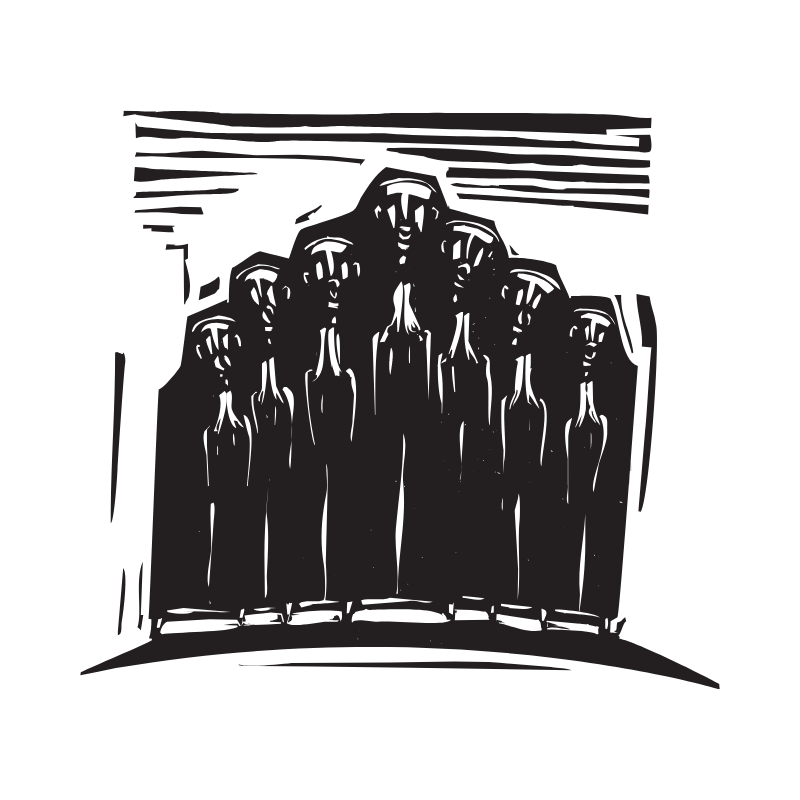Ampersand
& The "&" (Ampersand) seminar aims to put the “and” back in “Arts and Sciences" by: 1) creating a greater sense of community among faculty through a recognition of common intellectual interests and an increased understanding and appreciation of our respective fields in the arts, the humanities, the social sciences, and STEM; 2) initiating new lines of inquiry and fields of study through interdisciplinary approaches, which may in turn influence both the areas of faculty research and curriculum development; and 3) engaging with contemporary issues (e.g., food and waste, artificial intelligence, etc.) that would benefit from the input and insight of a variety of disciplines and approaches, validating the very purpose of a liberal arts institution.
Co-chairs: Karamatou Yacoubou Djima (Mathematics) and Sanam Nader-Esfahani (French).


